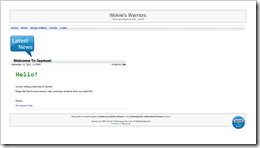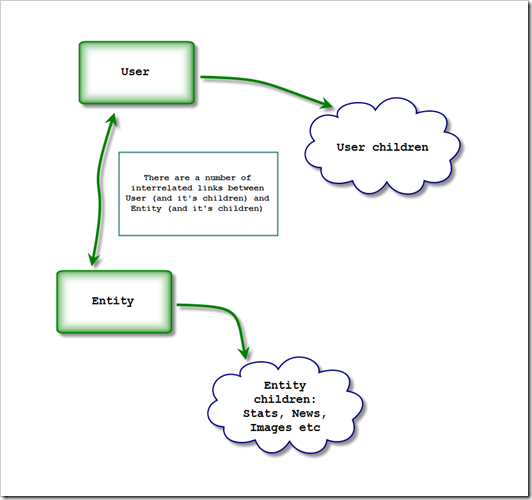There’s some good discussion centering on web development going on at NetTalk Central.
One of the threads has some folk talking about using the Aptana IDE with Ext 2.0 (Javascript Library), inside the NetTalk WebServer.
Further, if you install Spket you can get proper code completion for Ext within the Aptana interface.
Javascript libraries (Ext, YUI, Scriptaculous, Prototype, and more here) are all the rage, and have been for more than a year now. They provide desktop-ish functionality within the boundaries of the web. That’s a fantastic thing.
But what people forget is that the web is _not_ the desktop. There will always be things the web cannot do that the desktop can. There will always be things the desktop can’t do that the web can. At least until Google takes over and Borgs all desktops and the web, assimilating into one gigantic organism.
I like the differences. And I like that you can meld the two together, playing off both sets of strengths.
NetTalk WebServer gives us the ability to weave desktop functionality into the web. You can’t do everything. You cannot make a desktop program with the desktop paradigm of browse and form windows.
wait! "What’s this?" you say. NetTalk WebServer can so create Browses and Update Forms.
. It can. But it’s still the web. The Browse window is not "open" while the Form Update window is "open". The web has single direction. We have Session Vars to compensate, and the almighty "Back" button .. but none of these will ever make it exactly the same.
And that is good. We should embrace this as we develop in NTWS.
You can only go onward and upwards, never backwards

 Anyway, Version 1 took me about 7 days to slap together with
Anyway, Version 1 took me about 7 days to slap together with 